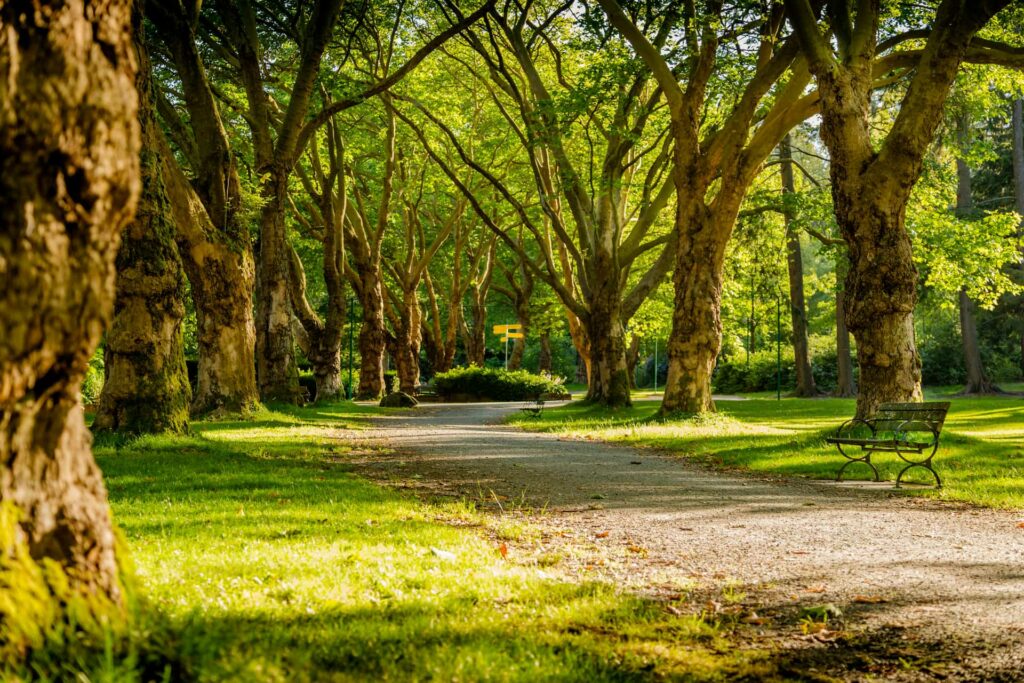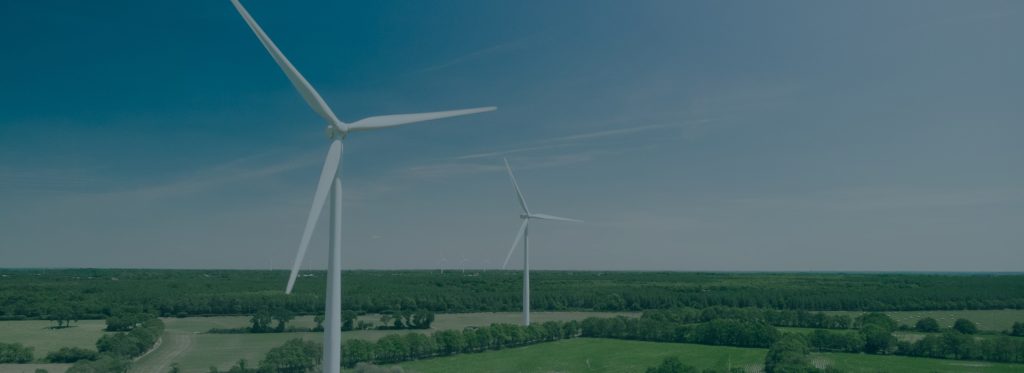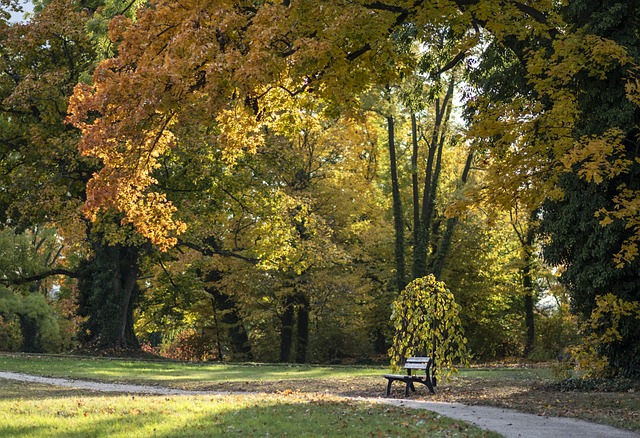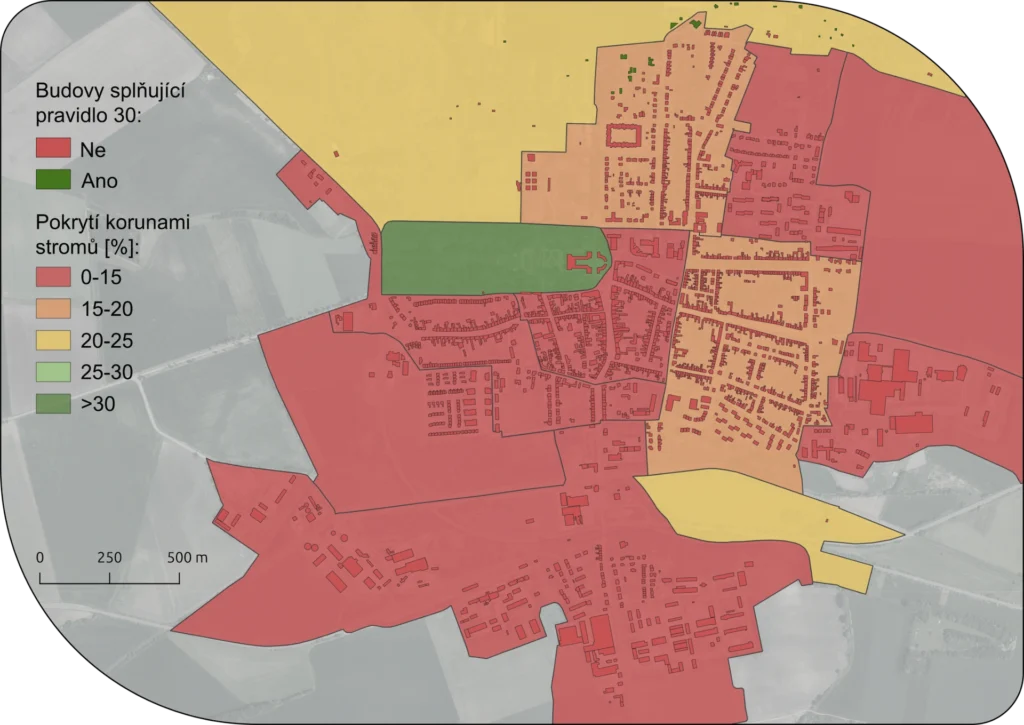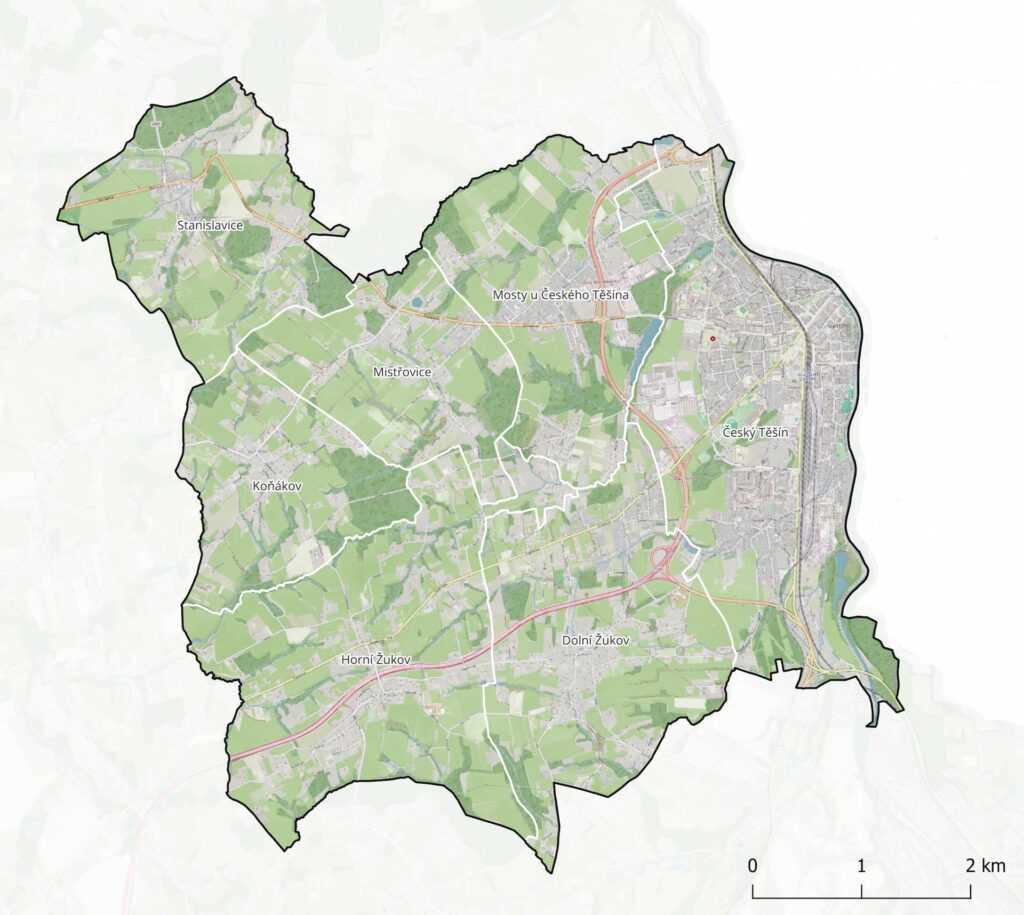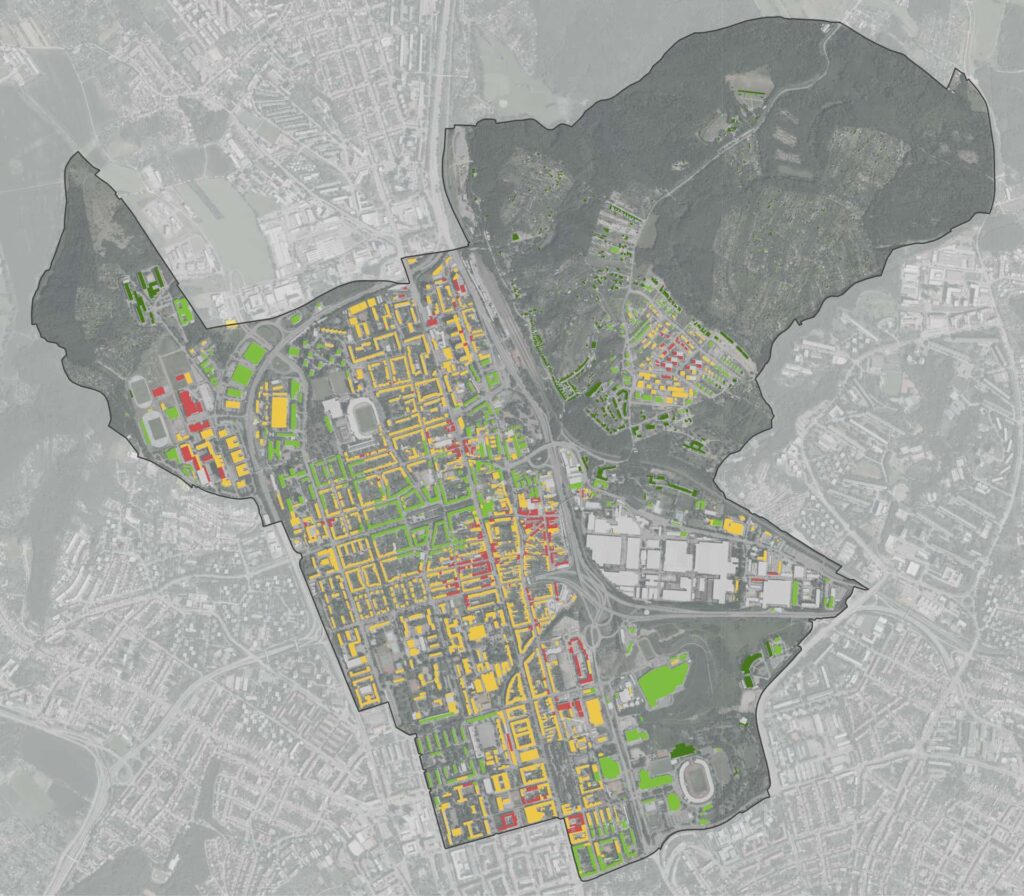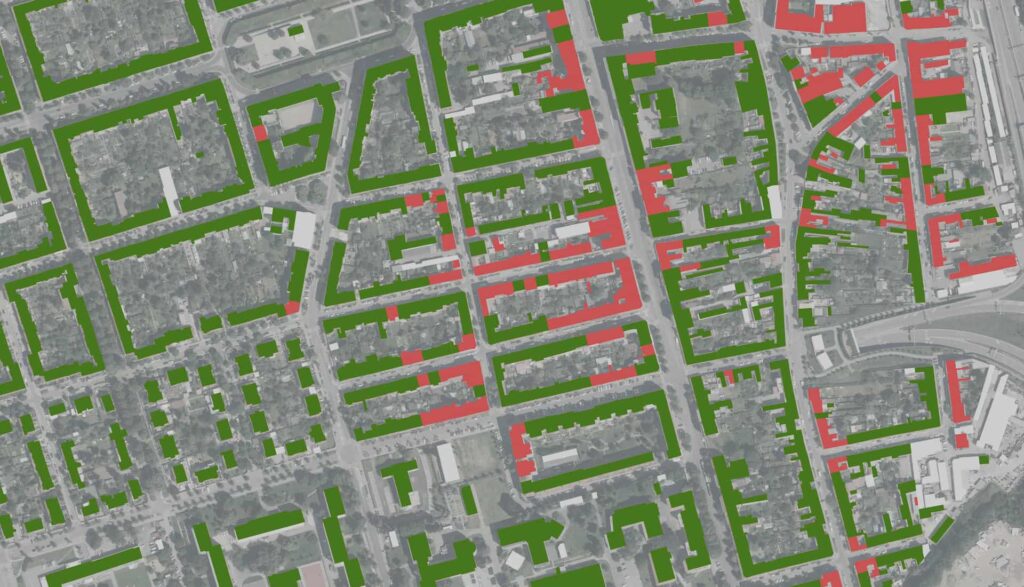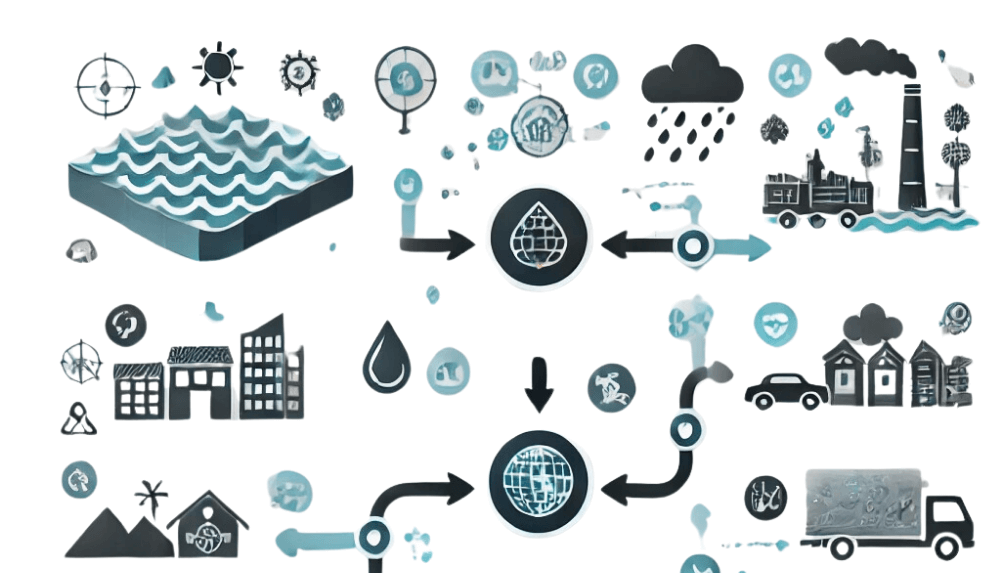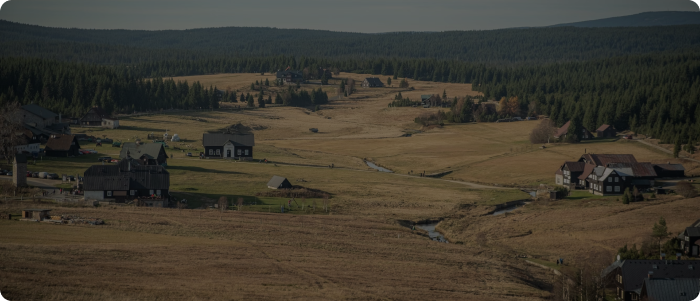The principle of community energy lies in sharing the production and consumption of energy among several properties or various property operators. It offers better optimization and utilization of produced energy than using renewable energy sources (RES) within a single building. Thus, there is no need to supply the produced energy to the grid or withdraw large amounts of energy from the grid under unfavorable conditions.
In practice, this refers to an energy community, an energy collective, which could be a city, a group of citizens, and business owners who agree to implement their own energy source primarily for local consumption. A community established for the purpose of sharing energies produced from RES. Members of community energy collectives become so-called active consumers (prosumers). The electricity generated from RES, which is not consumed directly at the site of installation, will be available to other community members, who will draw on it preferentially over electricity drawn from the distribution grid. Co-owners of the source are also consumers of this produced energy, and surplus energy production is sold either to the distribution network or to other city residents.
According to Czech laws, community energy is currently not possible in its full scope. However, this will change with the new energy law, or amendment to the energy law and other regulations (expected to be by 2024). The new legislation will emphasize the use of RES and various possibilities for their application. Due to administrative complexity and technical intricacy, it is advisable to prepare projects that utilize community energy now, even though the final form of the new legislation is not yet known.
Some elements of community energy can already be applied now. On a smaller scale, it could involve combining several consumption points into one. Typical use is in apartment buildings or larger facilities with multiple tenants. Individual subscribers have their own subsidiary consumption meters, but they appear as one customer to the distribution network. This allows, for example, the use of a common photovoltaic power plant with minimized overflow to the network. A disadvantage is the need to have a common electricity supplier.
A solution on a larger scale is the creation of a local distribution network (LDN). The principle is similar to that of connecting consumption points, but this method can connect more different properties, which may be relatively distant from each other. Such a network can include, besides consumers, a large number of devices for electricity production or storage. In extreme cases, it may be capable of operating in island mode.


